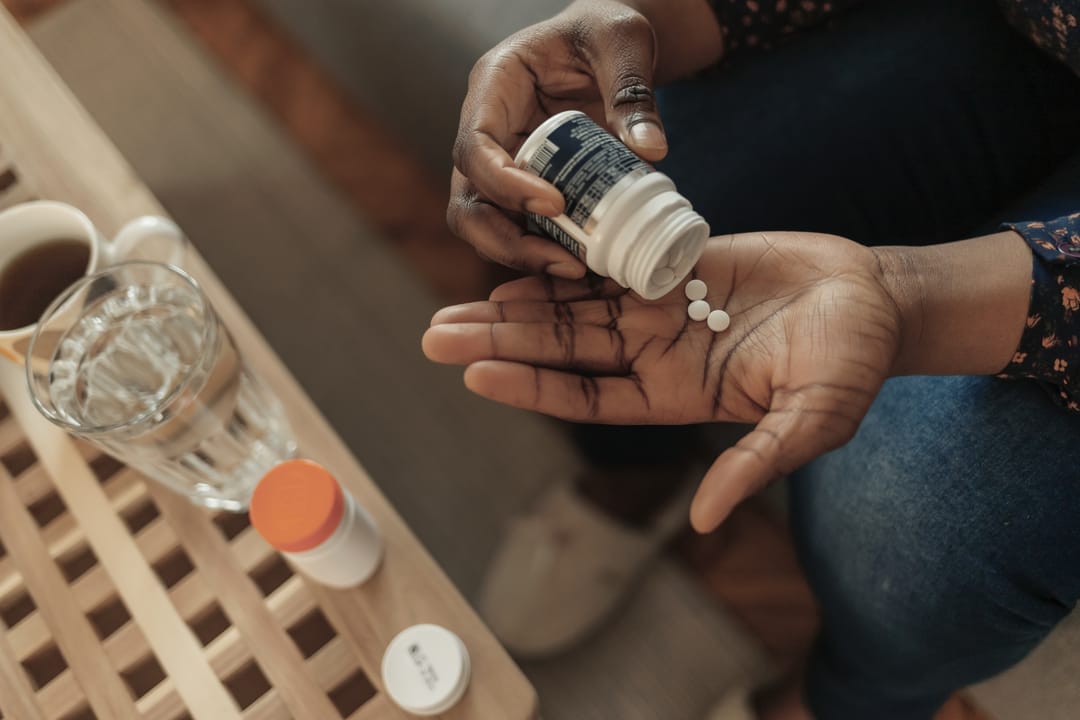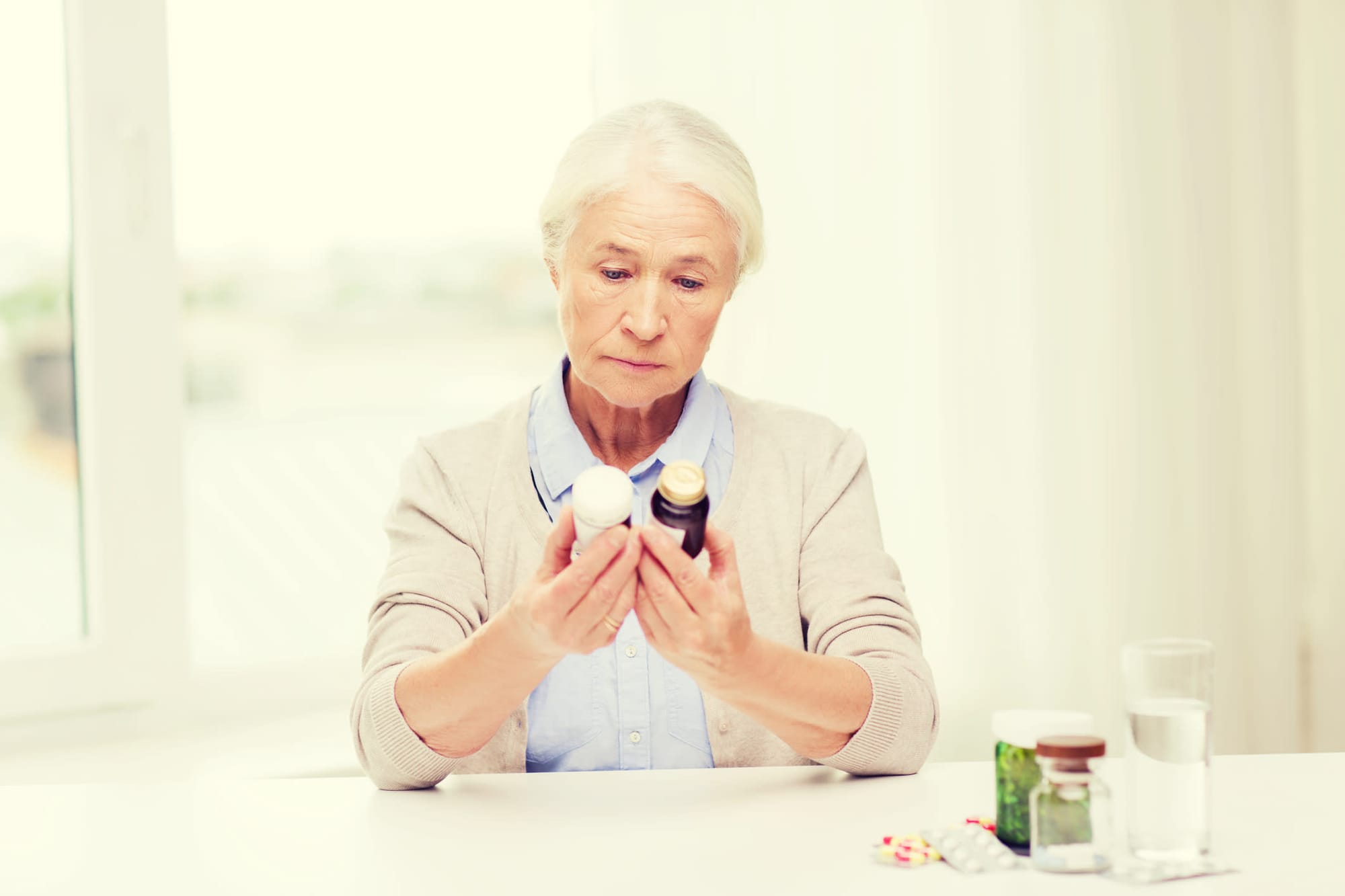
Every morning, millions of elderly people without a medical reason take a low dose of aspirin. They have been doing this in the hope of preventing, among other things, a first heart attack or stroke, despite the evidence supporting this to be sparse.
Although this lack of evidence has been noted in clinical guidelines, the practice has persisted for decades.
Now, a major Monash University-led study has shown that daily low-dose aspirin (100mg), when initiated in otherwise healthy people from age 70 onwards, has no benefit in prolonging life free of disability, or substantially reducing the risk of having a first heart attack or stroke.
The study, which began in 2010, was led in Australia by Monash's Professor John McNeil and Associate Professor Robyn Woods, from the School of Public Health and Preventive Medicine based at the Alfred Medical Research Precinct.
It was a joint US and Australian study comparing low-dose aspirin and placebo in otherwise healthy elderly people aged 70 or more.
The US component of the study was led by Professor Anne Murray and Brenda Kirpach from the Berman Center for Outcomes and Clinical Research in Minneapolis.
These new findings are now mapped out in three papers in the New England Journal of Medicine.
More than 19,000 people in Australia and the US – 16,700 of them in southeastern Australia – were studied over seven years. The study was called ASPREE – Aspirin in Reducing Events in the Elderly.
The results showed that low-dose aspirin did not prolong healthy life. Nor did it prolong life or substantially reduce the incidence of heart attack or stroke – with little difference between the placebo and aspirin groups.

“The take-home message of such a complex, large, placebo-controlled study is that healthy older people contemplating how best to preserve their health will be unlikely to benefit from aspirin,” said Professor McNeil, the head of Monash University’s Department of Epidemiology and Preventive Medicine.
But bleeding, a well-known side-effect of aspirin, was borne out by the study, with a small increase (3.8 per cent) in cases of serious bleeding among aspirin takers versus (2.8 per cent) in those who took placebo.
“It means millions of healthy older people around the world who are taking low-dose aspirin without a medical reason may be doing so unnecessarily, because the study showed no overall benefit to offset the risk of bleeding,” Professor McNeil said.
He said that while aspirin remained a relatively safe medication, it was not benign and patients should follow the advice of their doctor about daily low-dose use.
He cautioned that ASPREE’s results do not apply to those with existing conditions such as a previous heart attack, angina or stroke, where aspirin is recommended as a valuable preventive drug.
The ASPREE results published today provide a long-overdue answer to an important medical question: whether aspirin has a beneficial effect for our healthy older citizens.
Monash University Vice-Chancellor, Professor Margaret Gardner, AO, said the groundbreaking research put the University at the forefront of international innovation and consolidated it as a leading research institute.
“Monash is committed to the translation of research that addresses global health priorities,” Professor Gardner said. “ASPREE really is the gold standard of clinical trials, and its findings will influence healthcare guidelines around the world for generations to come.”
So what happens next?
According to Professor McNeil, the findings of ASPREE will result in a rethinking of global guidelines around the use of aspirin to prevent common conditions associated with ageing.
“Despite the fact that aspirin has been around for more than 100 years, we still didn’t know whether older people should take it for disease prevention, to keep them healthy for longer – ASPREE has provided that answer,” Professor McNeil said.
“These findings will help inform prescribing doctors who have long been uncertain about whether to recommend aspirin to healthy patients who do not have a clear medical reason for doing so.”
Professor McNeil said preventive trials in the elderly like ASPREE are becoming increasingly important because of the rapid growth of the elderly population and the need to find ways to maintain quality of life and delay disability in this age group.
“By 2056, it's projected there will be 8.7 million older Australians, and by 2096, 12.8 million people will be aged 65 years and over. Without new strategies to delay the onset of disability and dementia, the cost of institutionalised care will also create a significant cost to future generations,” he said.
“These findings will help inform prescribing doctors who have long been uncertain about whether to recommend aspirin to healthy patients who do not have a clear medical reason for doing so.”
Aspirin-related compounds have been used for the treatment of pain since the 16th century BC, when it was reported that people chewed on the bark of willow and papyrus.
It was first synthesised in 1898, and since the 1960s has been known to lower the risk of heart attack and stroke among those who had previously experienced heart disease or stroke.
This protective capacity of aspirin was extrapolated to people who were otherwise healthy to prevent a first heart attack or stroke.
The elderly have a higher risk of cardiovascular events, and so began the daily ritual, by millions globally, of taking a low-dose aspirin tablet each day despite no clear evidence of benefits, or risks, Professor McNeil said.
ASPREE was funded by the US National Institutes of Health, the Australian National Health and Medical Council, the Victorian Cancer Agency and Monash University.
The idea of such a vast trial was first mooted in the late 1990s as a study of healthy people over 70 in southeastern Australia. A network of more than 2000 GPs became study collaborators, supporting recruitment of their patients and overseeing their health.
The trial established 16 sites in four states and the ACT, to coordinate study activity and host community events that kept volunteers updated.
The ASPREE findings do not apply to those with a medical reason to take aspirin.
Find out more about this topic and study opportunities at the Graduate Study Expo





